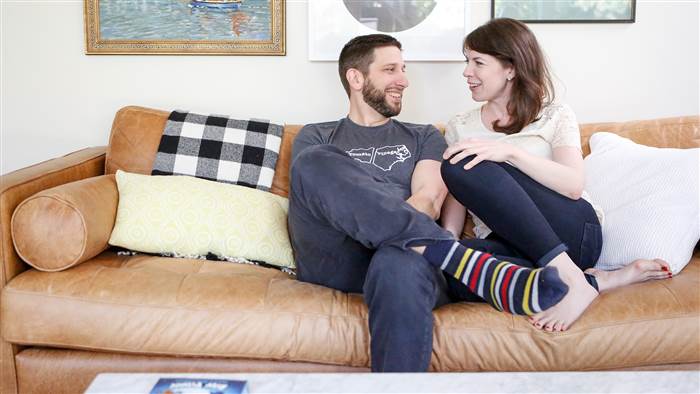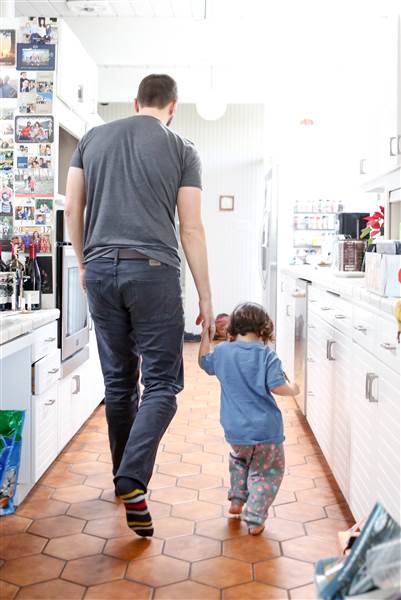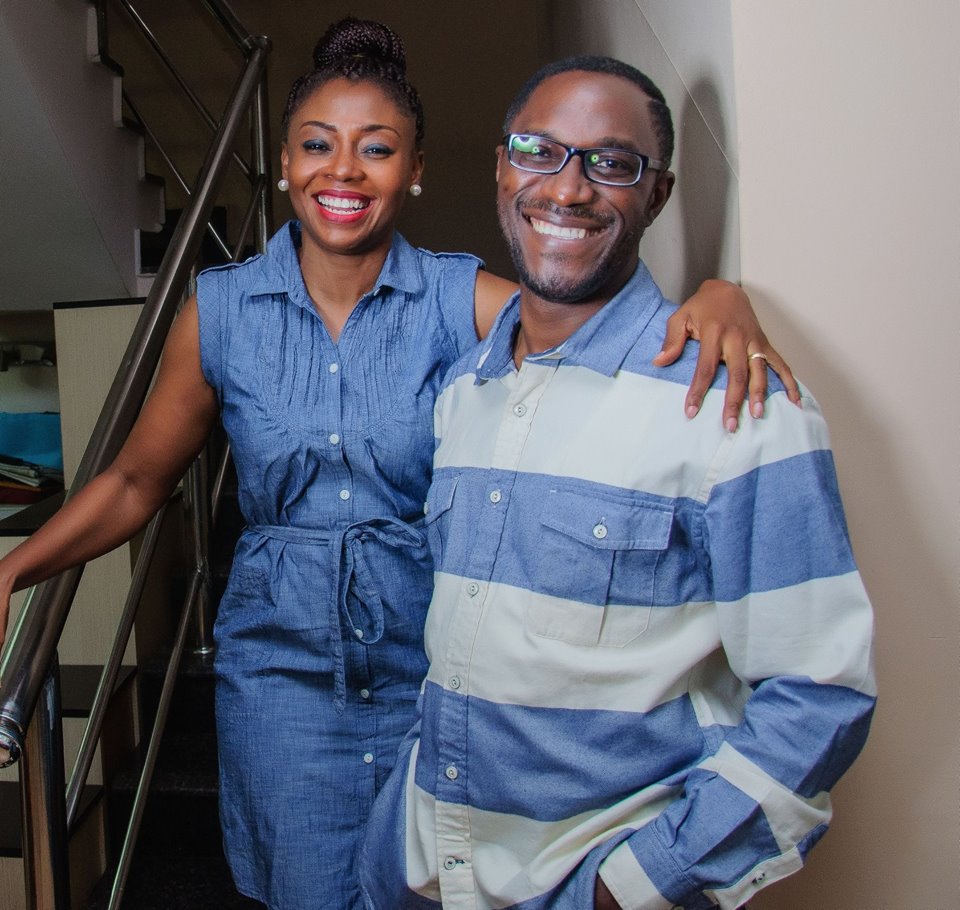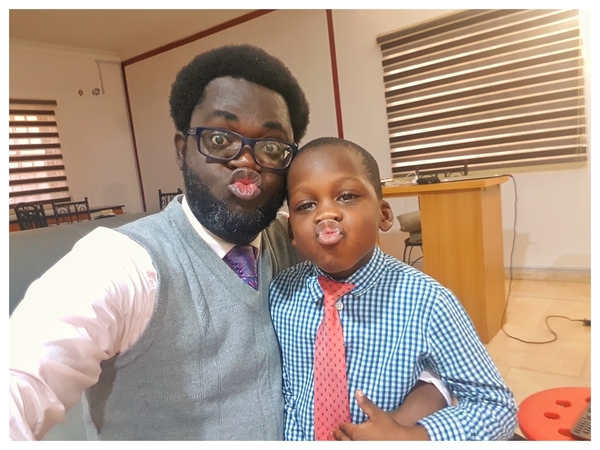After they both lost their spouses to cancer, they fell in love.

In grief, two people mourning spouses who both chronicled their battles with terminal illness have found unexpected new love
Lucy Kalanithi is the widow of Paul Kalanithi, who wrote “When Breath Becomes Air” as he battled lung cancer.
John Duberstein is the widower of Nina Riggs, who wrote “The Bright Hour” as she was dying of breast cancer.

John Duberstein and Lucy Kalanithi
Now, Lucy and John are a couple, brought together in a way by Nina.
“I’m surprised by how ridiculous it is and how natural it is at the same time,” Lucy, 38, told The Washington Post, which profiled the couple last week.
“Everything seemed almost bizarrely to fit,” John, 41, told the newspaper. “It was kind of stunning.”
Nina and Lucy had become friends in late 2016, after Lucy read a column Riggs wrote in The New York Times and contacted her about it. As she became more ill, Nina worried about how her husband would deal with her death, so just before she passed away, she told John it might be a good idea for him to get in touch with Lucy, who lost her spouse in 2015.

John and Lucy’s daughter
When Nina died last February, John followed her advice and urgently wrote to Lucy. “How do I write a eulogy? How do I sleep through the night? How do I not go insane?” he asked. She responded quickly with her advice. Then he responded back. They never stopped writing.
They emailed for months, with their communication and feelings becoming more intense. They discussed grief and love, but never talked on the phone. They felt close despite the distance between them: she’s an assistant professor of medicine at Stanford University who lives in California; he’s a lawyer in North Carolina. Then in April, they finally met in person for the first time when she flew to Raleigh on a business trip.
“We held each other a long time,” Lucy told The Washington Post. There was “a lot of chemistry,” both said.
The relationship grew and both began opening up about it to family and friends in the summer. The couple and their children — she has a daughter; he has two sons — spent New Year’s together. The logistics of living on opposite coasts can be difficult, but they’re spending more time together.
“We need to find a place in the middle and move there,” Lucy told The Washington Post.
They’re like “a whole family,” their children say.
Today.com










